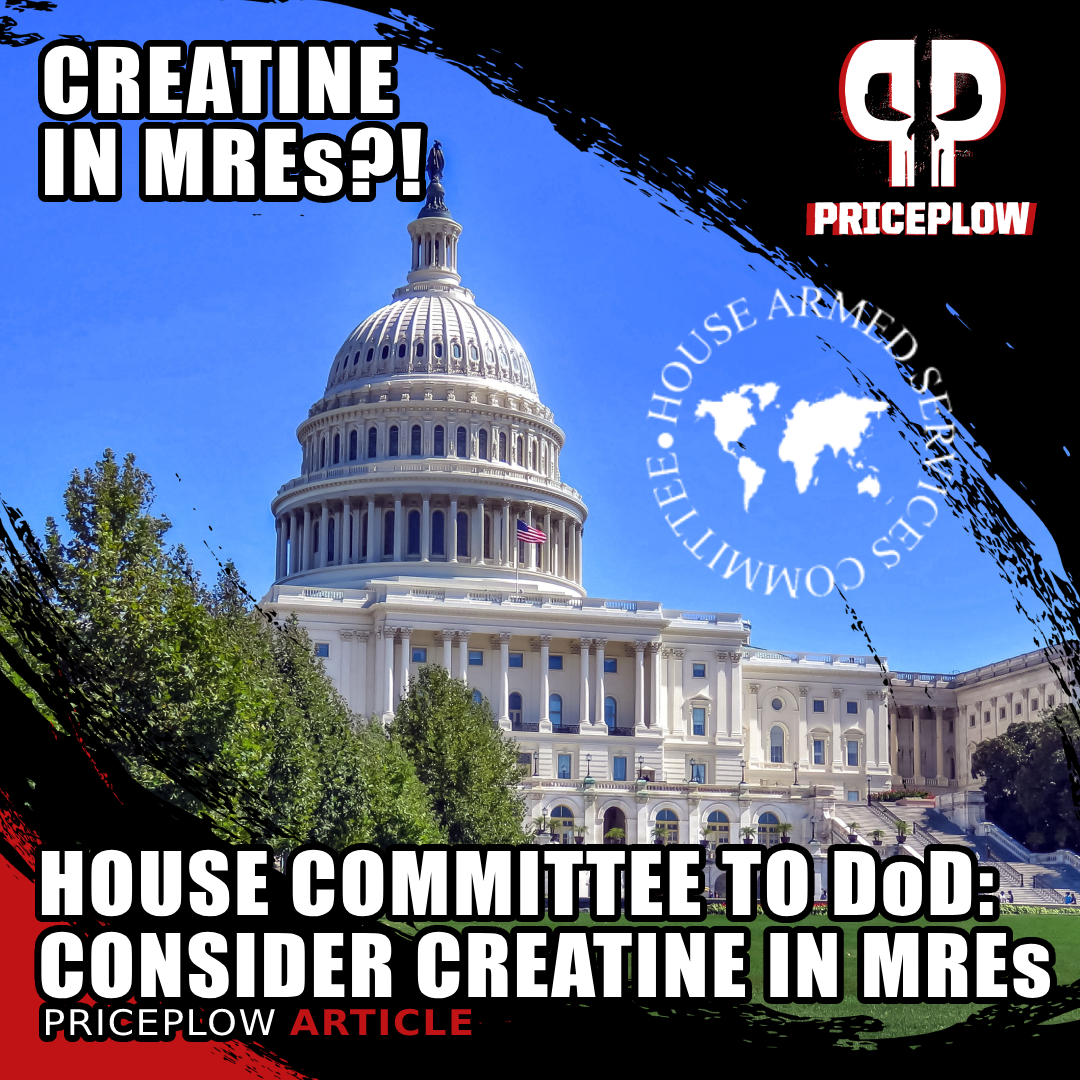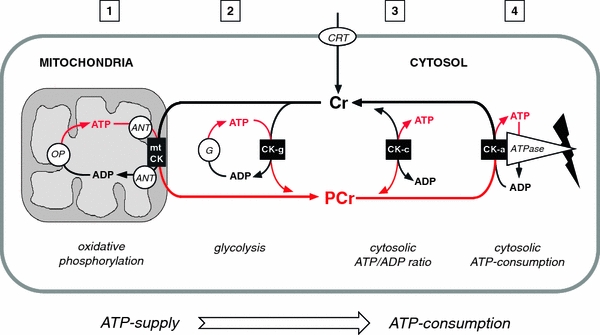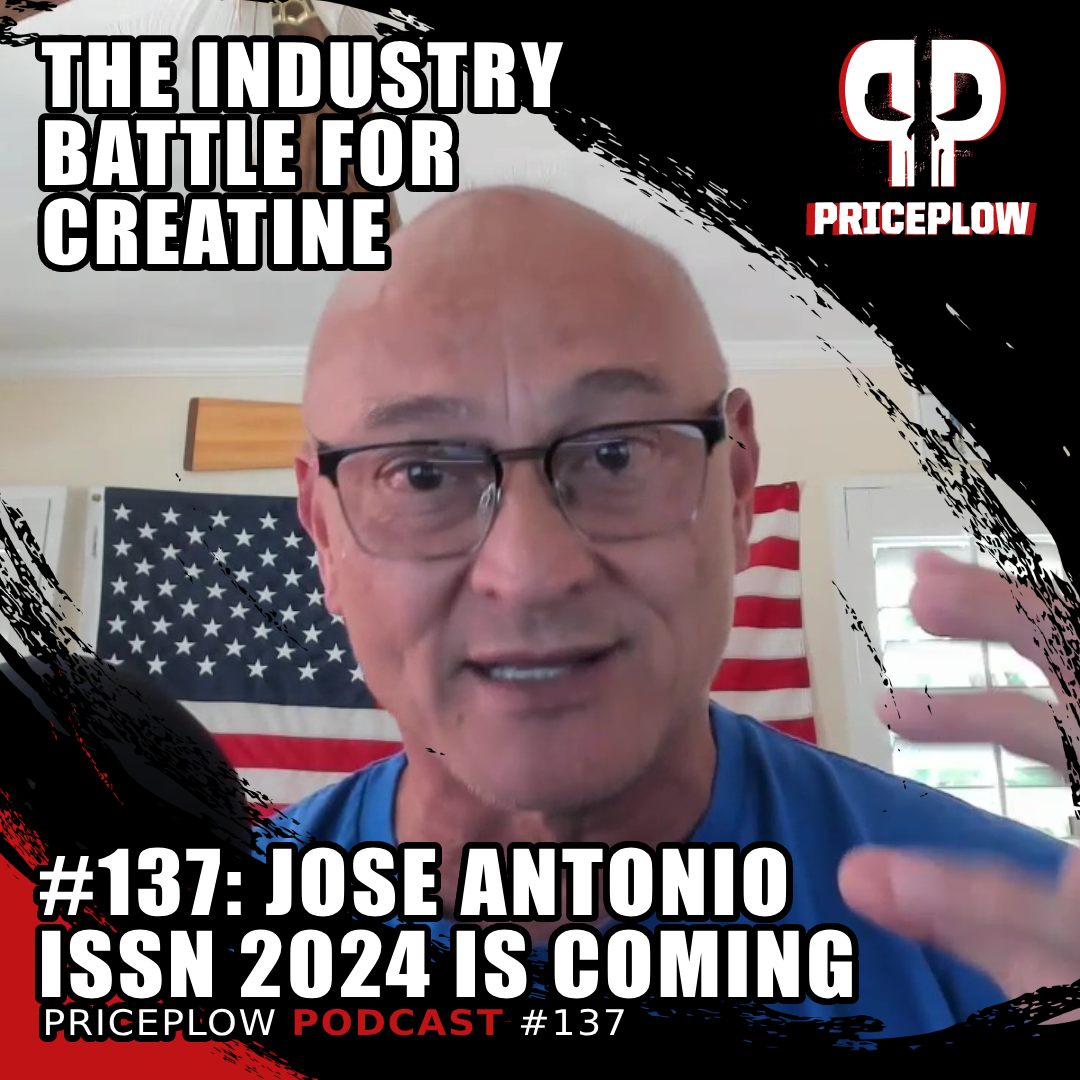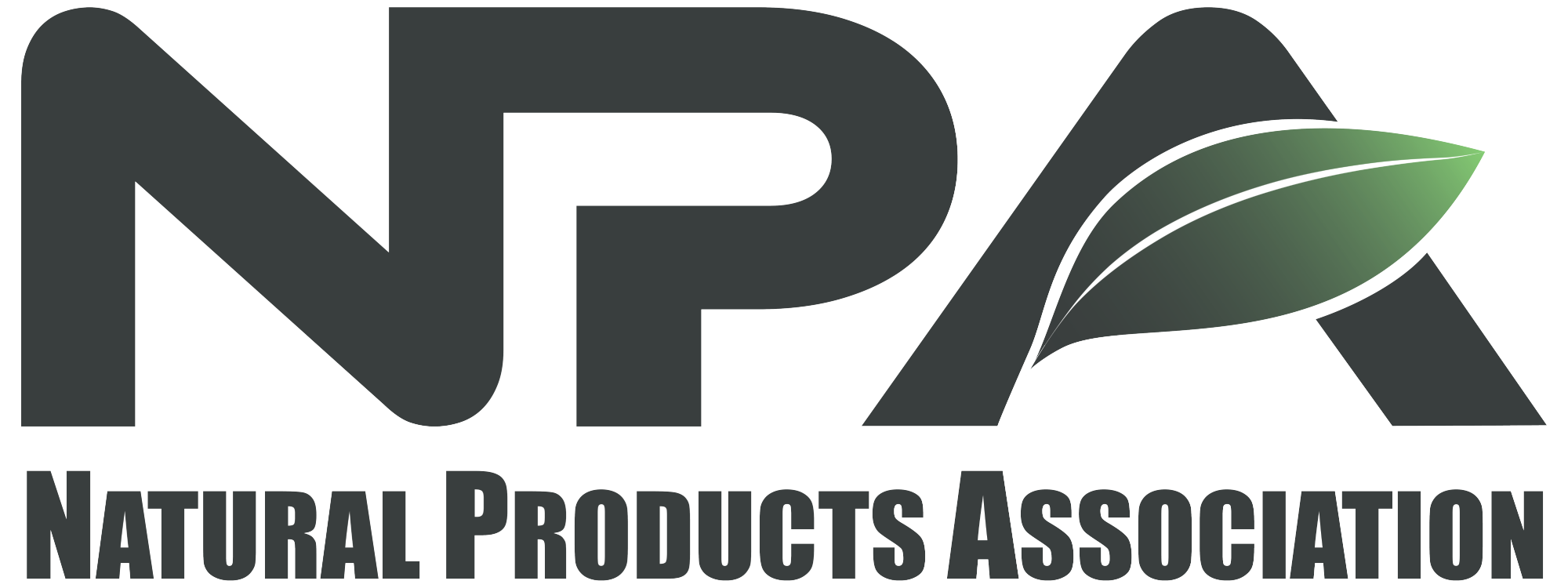In late May, 2024, the Committee on Armed Services in the U.S. House of Representatives published its National Defense Authorization Act (NDAA) report, suggesting that the Department of Defense consider adding creatine to MREs (Meals Ready to Eat).[1]
On pages 213 and 214, the report states:[1]
Consideration of Including Creatine in Meals Ready to Eat
The committee recognizes that creatine is a popular nutritional supplement because of its long history of improving strength and muscle health. A broad body of clinical research has shown that creatine can enhance muscle growth, physical performance, strength training, post exercise recovery, and injury prevention. The committee encourages the Department of Defense to consider including creatine supplementation by the Defense Logistics Agency in Meals Ready to Eat.[1]
Creatine in MREs? Natural Products Association Weighs In

The US House Committee on Armed Services published its National Defense Authorization Act (NDAA) report, suggesting that the Department of Defense consider adding creatine to MREs. The benefits of creatine are a perfect fit for service members using creatine!
Dr. Daniel Fabricant, President and CEO of the Natural Products Association (NPA), stated that "This is a terrific move by the committee, as our nation's freedom hinges upon American servicemembers having the resources they need to keep our nation safe. Creatine is one of the most extensively studied ingredients on the planet when it comes to safely increasing strength and recovery time, both critical to the success of our servicemembers."[2]
Language heads to the Senate
The NDAA authorizes funding and authority for the U.S. Military on an annual basis. The package now goes to the Senate. If the language on creatine stays, the Department of Defense can begin studying the cost and risk merits for including creatine in MREs or powdered drink mixes.
Creatine's Many Benefits - A Perfect Match for Service Members
We cover the benefits of creatine frequently on the PricePlow Blog, below is a very brief recap. Although some organizations (like Harvard's STRIPED) have attempted to vilify it by putting it alongside illegal drugs, creatine is a naturally-occuring compound that's been shown to be incredibly safe and effective in numerous studies.[3-5]

A study published in 2011 does a fantastic job showing creatine's role in the production of ATP in the mitochondria.[6]
It supports cellular energy production, and is stored as creatine and phosphocreatine in muscle tissue.[7,8] Creatine's a critical molecule because it contains phosphate groups, which are shuttled to create the body's molecule of energy, ATP.[6,9]
The body can create creatine itself, but it's quite metabolically-expensive to do so, so it's best to get it in through food (meat) or supplementation.[10]
Muscle, cognition, and sleep deprivation support!

Want to learn more about creatine and its history? The legendary Jose Antonio, co-founder of the ISSN (International Society of Sports Nutrition), joins PricePlow for Episode #137 to get hyped for ISSN 2024 and tell us about the true beginnings of the sports nutrition, including some crazy battles over creatine!
This makes its supplementation beneficial for numerous effects, and it's been studied extensively with several meta-analyses and systematic reviews supporting use for muscle health[11-15] and cognitive health.[16,17]
Recently, a study demonstrated that a single dose of creatine could even support better cognitive performance in sleep-deprived individuals![18]
These are all critically important benefits that the US Military can -- and should -- be taking advantage of. Especially for any members of the service that are nutrition-deprived vegans and vegetarians, for which there are additional reasons to use it.[19-22]
So our take? Creatine is a cost-effective, slam-dunk way to support service members who are in the field - especially when they can't get enough meat-based protein.
More from the NPA: Fulfilling a Commitment to Servicemembers
Also from Dan Fabricant: "Providing for our national defense is the most consequential responsibility that The U.S. Constitution granted Congress – the NDAA remains a vital part of fulfilling that commitment to our servicemembers and our nation, we're grateful to have played a role in getting this important study as a part of that commitment."

The Natural Products Association (NPA) is the nation's leading trade association for dietary supplements and natural health products. See the NPA's Action Center
We also kicked off Episode #100 of the PricePlow Podcast with Dr. Fabricant by joking about why people continue to demonize such a harmless substance, and for a more recent update from our trip to Washington DC, see Episode #139 with a star-studded cast.
You can sign up for PricePlow's Natural Products Association news, and see our previous articles mentioning creatine on the PricePlow Blog.


Comments and Discussion (Powered by the PricePlow Forum)